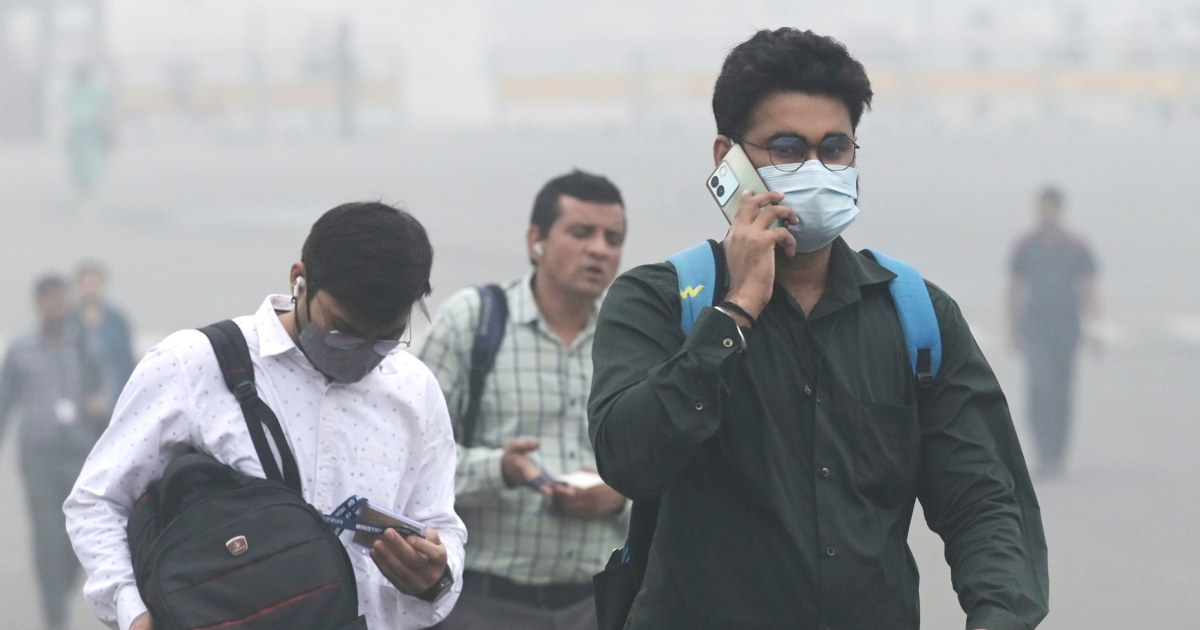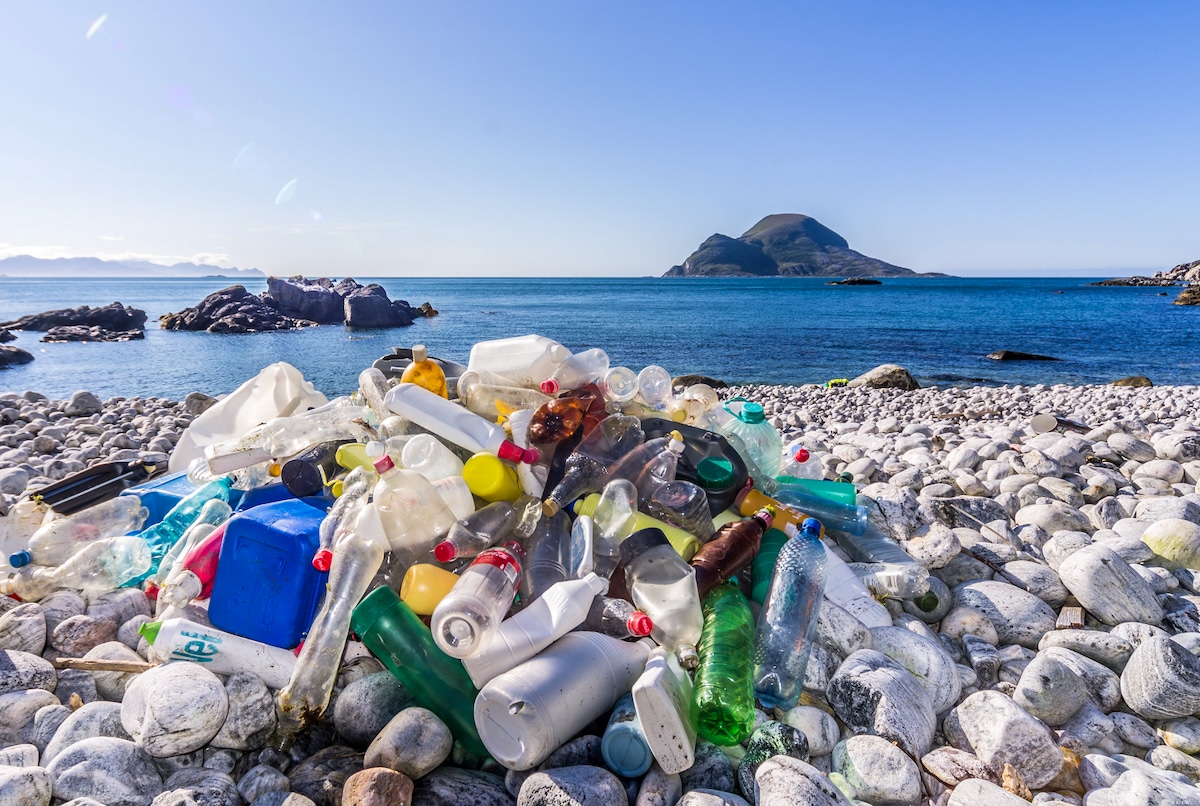
In recent times, tire wear particles have been found to account for about 45% of all microplastics in both terrestrial and aquatic systems.

In a surprising twist during an air quality study in Oklahoma, researchers detected MCCPs an industrial pollutant never before measured in the Western Hemisphere.

In a sweeping new study of more than 13,000 urban areas worldwide, researchers have mapped air pollution levels and carbon dioxide emissions, providing comprehensive global analysis of urban environmental quality.

A new study shows that long-term exposure to air pollution contributes to millions of deaths in India. The research emphasizes the need for stricter air quality regulations in the country.

Every year, billions of vehicles worldwide shed an estimated 6 million tonnes of tire fragments.

Officials in New Delhi, the world's most polluted capital, banned non-essential construction and urged residents to avoid burning coal in an effort to combat worsening air quality.

Scientists have uncovered a new source of hazardous "forever chemical" pollution: the rechargeable lithium-ion batteries found in most electric vehicles.

A new study on plastic pollution in 84 countries has linked half of branded plastic pollution to only 56 firms, with about 24% of the plastic waste analyzed connected to only 5 companies Coca Cola, PepsiCo, Nestle, Danone and Altria.

This is the first study to comprehensively estimate the link between increased antibiotic resistance and air pollution globally.

Experts and advocates widely agree that humans are generating waste worldwide at levels that are unmanageable and unsustainable.

Almost no area of land on Earth has levels of air pollution deemed safe by the World Health Organisation, a new study has found.

Plastic pollution in the world's oceans has reached "unprecedented levels" over the past 15 years, a new study has found, calling for a legally binding international treaty to stop the harmful waste.

A new U.S. study released earlier this month reports on a worrying link between higher levels of air pollution and faster bone loss through osteoporosis

Carbon pollution from China's coal-intensive economy last year outstripped the carbon pollution of the US, the EU, and other developed nations combined, making up a 27 % of all greenhouse gas emissions worldwide.

Children exposed to air pollution, such as wildfire smoke and car exhaust, for as little as one day may be doomed to higher rates of heart disease and other ailments in adulthood, according to a new study.